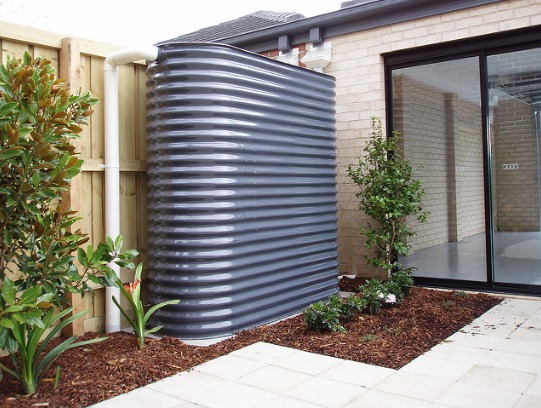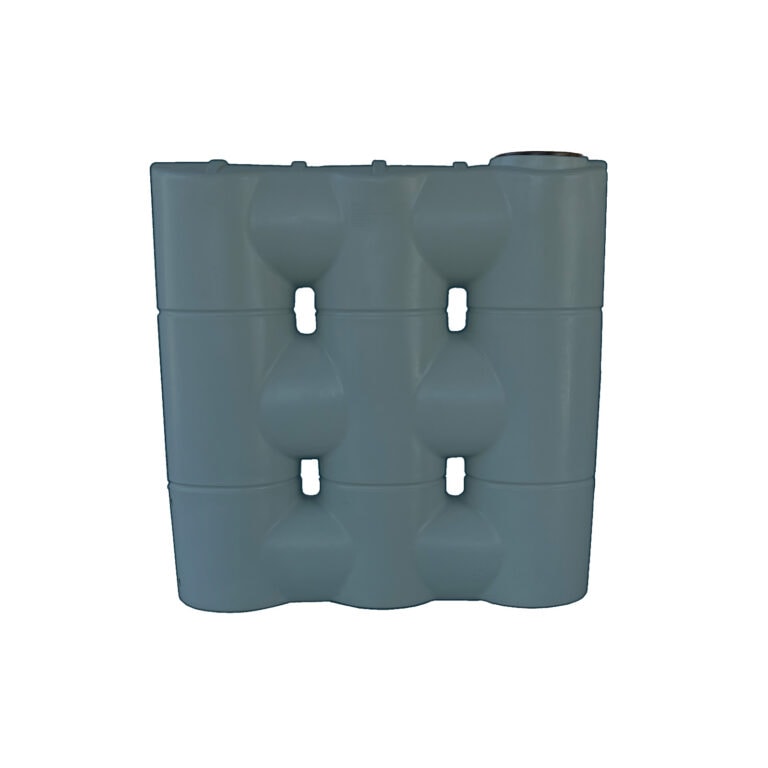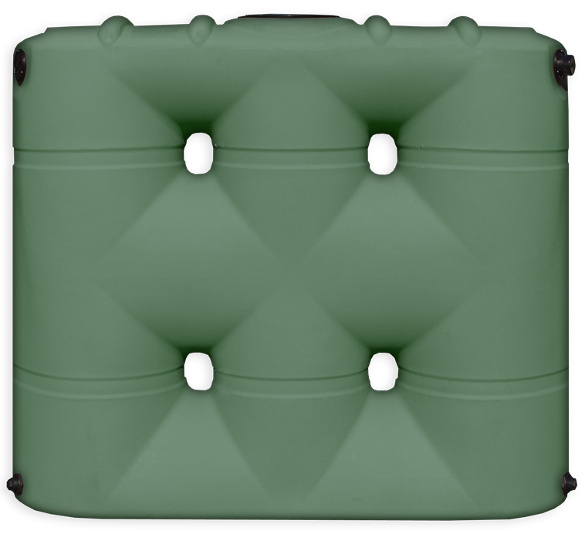Introducing the Perks of Rainwater Storage Tanks in Minimizing Water Expenses and Environmental Influence
In a globe where sustainability and cost-efficiency are increasingly vital, the utilization of rainwater containers provides a functional and eco mindful remedy. The advantages of including rainwater storage tanks right into property or business buildings prolong beyond simple water expense reductions. By checking out the complex benefits of such systems, one can discover a wide range of understandings right into how they add to a much more sustainable future while favorably influencing both financial resources and the environment.
Cost Cost Savings With Rainwater Containers
When taking into consideration the implementation of rain containers, considerable price savings can be achieved with efficient water management techniques. Rain harvesting uses a sustainable option that not just lowers water expenses yet additionally lessens the stress on local water sources. By recording and saving rain for different non-potable usages such as watering, bathroom flushing, and washing, houses and companies can dramatically reduce their reliance on cured water from the grid, resulting in substantial cost savings over time.
One of the key cost-saving benefits of rain tanks is the reduction in water energy expenses. By using harvested rain for activities that do not need potable water, such as watering yards or cleaning autos, people can reduce their general water consumption from the mains supply, causing decreased water expenses. Furthermore, rain containers can help reduce the impact of water restrictions or dry spells by providing an alternate water source for essential tasks, guaranteeing connection in supply of water without sustaining excessive costs. On the whole, investing in rain tanks can cause lasting economic cost savings while promoting water preservation and sustainability.

Environmental Impact Decrease
Implementing rain containers not just causes price savings however also adds substantially to lowering the ecological influence connected with water consumption. By recording rainwater that would certainly otherwise run into tornado drains pipes, rainwater storage tanks help ease pressure on traditional water resources like rivers and storage tanks. This decreased demand for municipally treated water results in energy financial savings and a decrease in the carbon impact related to water treatment and distribution procedures.
Additionally, making use of rainwater for activities such as horticulture, watering, and washing decreases the requirement for using treated water for non-potable functions. This preservation of safe and clean water aids in maintaining water resources for necessary uses and minimizes the energy-intensive procedures associated with treating water to fulfill alcohol consumption criteria.

Water Bill Decrease Benefits
The installation of rainwater containers provides significant monetary benefits via decreases in water costs. By accumulating and saving rainwater for various family makes use of, such as watering gardens, flushing bathrooms, or doing washing, home owners can dramatically reduce their dependence on the metropolitan water see it here system. This, subsequently, causes a visible decrease in water consumption from conventional sources, resulting in lower water bills at the end my link of each billing cycle.
Rainwater is a totally free and sustainable source that can supplement and even replace the requirement for utilizing treated water for non-potable purposes. Consequently, households with rainwater storage tanks can see a substantial reduction in their general water expenditures gradually. Additionally, throughout periods of water constraints or drought, having a rainwater storage tank can provide a valuable alternate water source, additional reducing the dependence on costly municipal water materials.
Essentially, buying a rainwater storage tank not just adds to ecological preservation but also offers tangible financial benefits by lowering water bills and advertising long-lasting expense savings for homeowners.
Lasting Water Management Solutions
Offered the financial advantages and minimized dependence on municipal water products that rainwater containers give, exploring sustainable water management remedies becomes a rational following action for property owners looking to optimize their water use. By using rain tanks to capture and save rainwater, home owners can reduce their reliance on traditional water sources, such as metropolitan materials or groundwater, hence contributing to water conservation efforts.

In enhancement to rainwater harvesting, sustainable water management options may consist of carrying out water-efficient devices, components, and landscape design techniques. By taking on these sustainable water monitoring methods, house owners can not just optimize their water usage but additionally add to environmental conservation and lower their water bills in the lengthy run.
Neighborhood Water Source Conservation

Moreover, neighborhood participation can reach the implementation of water-saving innovations and techniques on a bigger scale. Urging the fostering of rain storage tanks, greywater recycling systems, and efficient irrigation methods within neighborhoods can bring about considerable reductions in water intake. In addition, fostering a feeling of collective responsibility for water conservation can advertise sustainable actions and methods amongst neighborhood participants.
In addition, neighborhood water resource conservation initiatives can lead the way for more powerful bonds among locals and a shared dedication to ecological stewardship. By collaborating to secure and maintain water sources, areas can add dramatically to a much more lasting and durable future.
Conclusion
Finally, rain tanks provide significant price financial savings, ecological benefits, and add to lasting water management services. By minimizing water costs, conserving water sources, and reducing ecological influence, rainwater storage tanks play an important function in promoting water preservation and sustainability - Slimline water tanks. Their implementation not only benefits individual homes yet additionally adds to the more comprehensive goal of neighborhood water resource administration and preservation